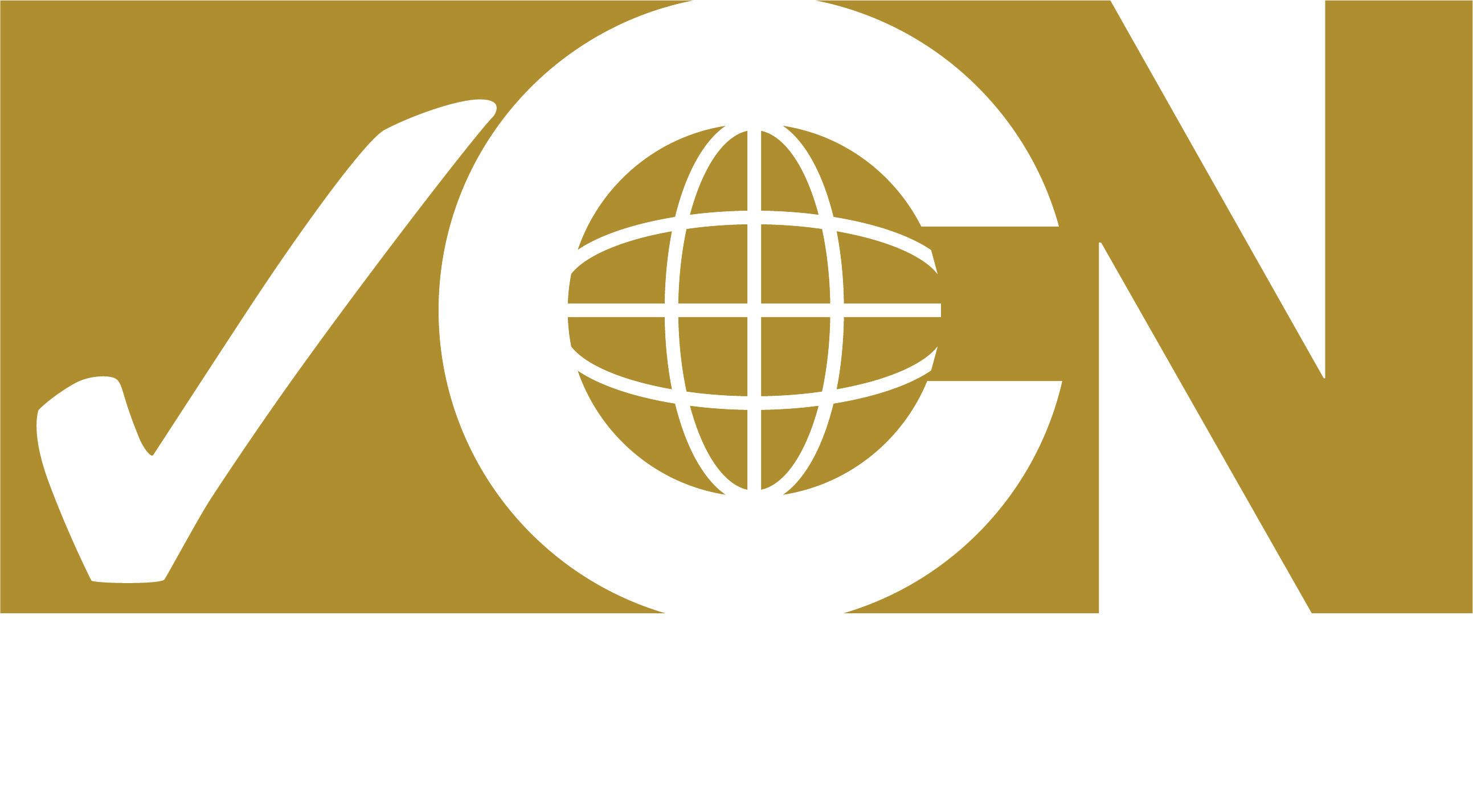
The Cyanide Code
Resolving Disputes
The Institute has developed and implemented a Dispute Resolution Procedure to provide for fair and equitable resolution of disputes regarding auditor credentials and certification and/or de-certification of operations. This procedure provides due process to all parties that may be affected by these decisions.
The Dispute Resolution Procedure is to be used for the resolution of disputes regarding implementation of the Cyanide Code. It has been designed to address disputes regarding auditor credentials, audit findings, and certification and/or de-certification of operations.
The Cyanide Code
Resolving Disputes
The Procedure consists of a three-tier process. In the initial stage, the complainant requests the reconsideration of an audit finding or ICMI decision or action and engages in an informal dialogue and exchange of information with the respondent in an attempt to resolve the issue through direct negotiations. In order to ensure that all information and issues potentially related to an operation’s compliance with the Code can be identified and fully evaluated, this informal process is open to any interested party. If the complainant is not satisfied by the results of the informal process, or another Party to the Dispute is not satisfied by changes made to the disputed decision or action as a result of the Request for Reconsideration, the dispute proceeds to the second stage of the process.
In the second stage of the process, disputes proceed to non-binding mediation where a mediator acceptable to all Parties to the Dispute assists in trying to resolve the dispute to the mutual satisfaction of all parties.

The Cyanide Code
Resolving Disputes
If any of the Parties to the Dispute are not satisfied with the results of mediation or choose to forgo or terminate mediation, the final opportunity to resolve a dispute is through binding arbitration. In this process, an arbitrator or panel of arbitrators agreed to by all Parties to the Dispute resolves the dispute.
In order to pursue mediation and /or arbitration, a complainant must meet the minimum requirements for standing set forth in this Procedure. Most fundamentally, this means that a complainant must be an individual or group that may be affected by implementation of the Code and that can present evidence that the Code has been implemented incorrectly, erroneously or in a manner inconsistent with its stated intent, goals, procedures and/or limitations.
Full details for dispute resolution are found in the Institute’s Dispute Resolution Procedure.
